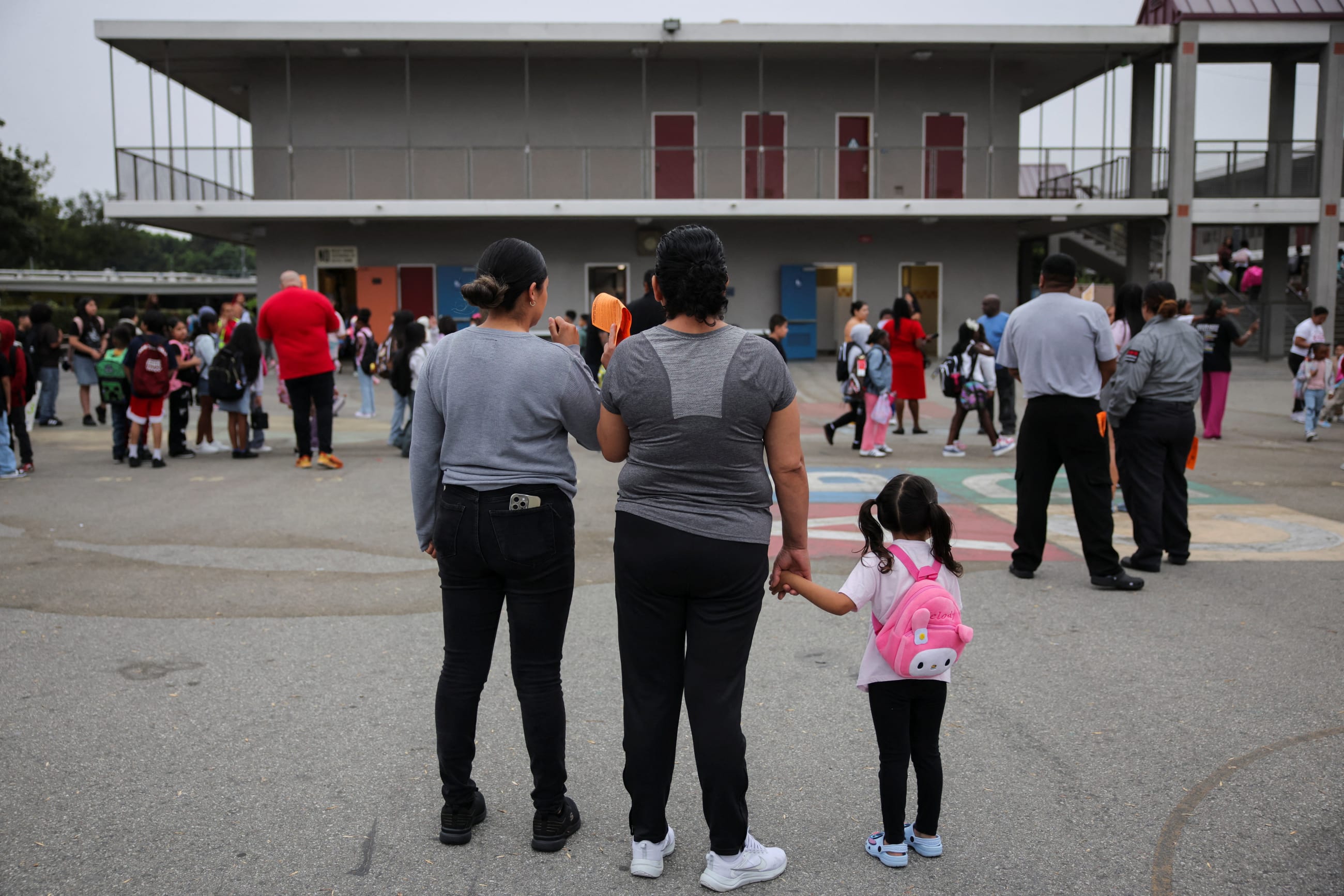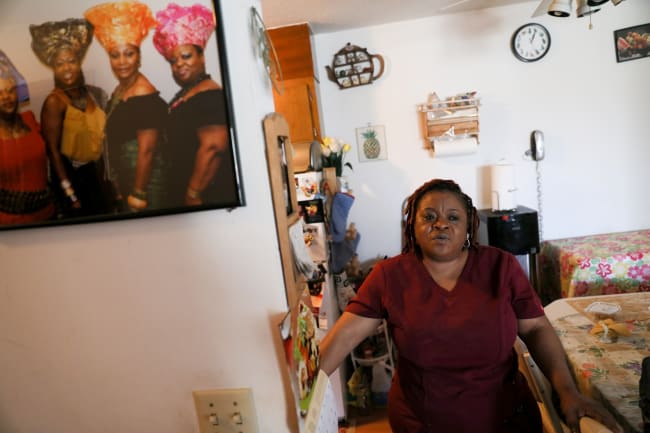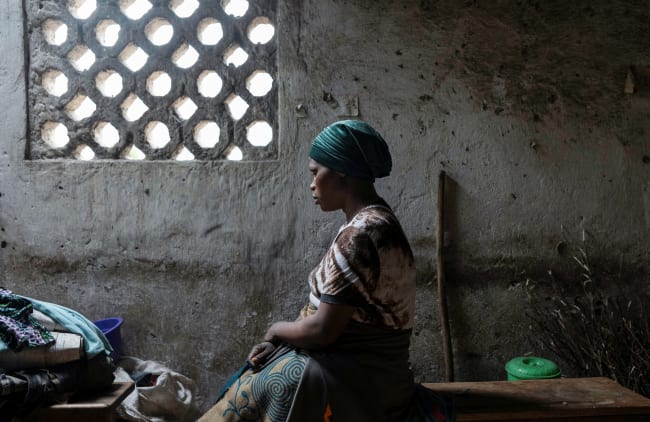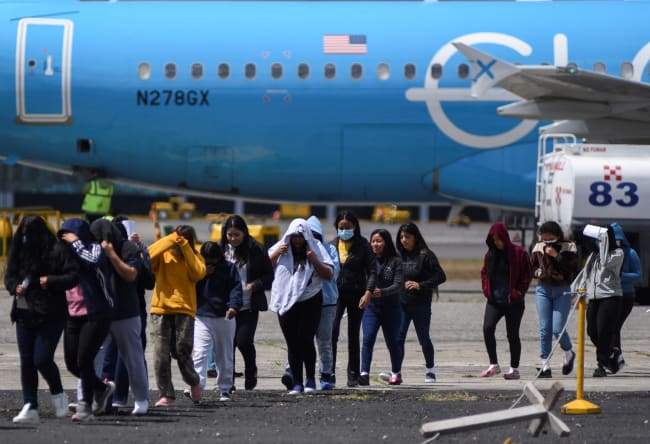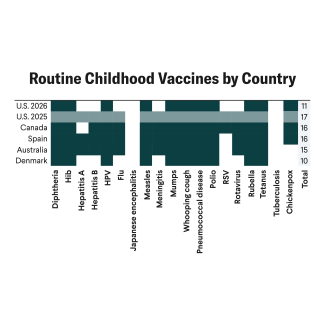In early July, the U.S. Department of Health and Human Services (HHS) sought to reverse a decades-old interpretation of the 1996 Personal Responsibility and Work Opportunity Reconciliation Act (PRWORA), which allows undocumented immigrants to access specific federally funded public programs.
The new policy would ban undocumented immigrants from 13 programs, including early education programs such as Head Start, behavioral health services offered through Certified Community Behavioral Health Clinics, and grants to prevent substance use, among others. This exclusionary directive was blocked by a preliminary injunction issued by a federal court on September 11, 2025, preventing the ban from being implemented for the time being. However, the HHS move continues this year's aggressive wave of measures targeting immigrants of all statuses.
This policy is at odds with the perspective of the scientific community, which concluded that public services do not lure undocumented immigrants to the United States and that restricting services to those who are undocumented could create a greater burden on health-care institutions and communities across the country. According to robust research that examined PRWORA over time, restrictive policies indeed lead to higher insurance rates and influence Medicaid enrollment. Further, evidence shows that undocumented immigrants contribute to publicly funded programs by paying their fair share in taxes, their estimated contributions to federal, state, and local taxes totaling more than $89 billion. Legal organizations such as the American Civil Liberties Union (ACLU) have filed a public comment identifying the degree of chaos and potential harm that the policy will have among communities across the country.
Experts have also forecast the spillover effects of this HHS ban, outlining how the consequences stymie not only those perceived as undocumented, but also American citizens who rely on the vital programs for education and health.
HHS Ban Effects on Early Education
For decades, efforts have aimed to improve the quality and accessibility of early childhood programs for all families because the upsides extend beyond academic gains for students and cascade onto other family and community members across economic and psychological domains. Providing universal access to early education has gained bipartisan support because this cost-effective investment helps break down structural barriers, improves public mental and physical health, reduces long-term health-care costs [PDF], and boosts maternal employment. Research on early brain development has confirmed the value of these programs, prompting some states to pass universal pre-K for all families regardless of income. Head Start has been key to early childhood education since 1965, and despite its documented flaws, its benefits are also clear.
Targeting a group of students within a public school not only harms those children but also undermines the integrity of the entire system
When Dr. Rendón García's parents arrived in the United States, they enrolled her in the local Head Start program, laying the groundwork for an educational path that culminated in a doctorate from Harvard. Their experience is among countless success stories showing the program's essential role in shaping futures. That's why the Trump administration's HHS policy change threatens to reverse decades of progress in ensuring early childhood access to education in the United States.
Targeting a group of students within a public school not only harms those children but also undermines the integrity of the entire system. Examples include school suspension rates affecting the academic achievement of both suspended and nonsuspended students, as well as the impact of political conflicts targeting specific student groups, which has a chilling effect on school climate. This sequence extends to the case of Plyler v. Doe, which set a precedent that equity and inclusivity in education are fundamental, not optional. The ruling stated [PDF], "By denying these children a basic education, we deny them the ability to live within the structure of our civic institutions, and foreclose any realistic possibility that they will contribute in even the smallest way to the progress of our Nation."
In recent years, advocates have emphasized that because a college degree is highly valued today, this reasoning should support expanding higher education access for undocumented youth in the United States. This argument can be broadened to early childhood, considering the extensive empirical evidence indicating the critical importance of the first five years of life. Brain development during this period lays the interconnected foundations for how children learn, feel, move, and relate to others throughout their lives. Early childhood is more than a silo; it's a systems-building phase that sets the stage for lifelong cognitive, emotional, and physical development.
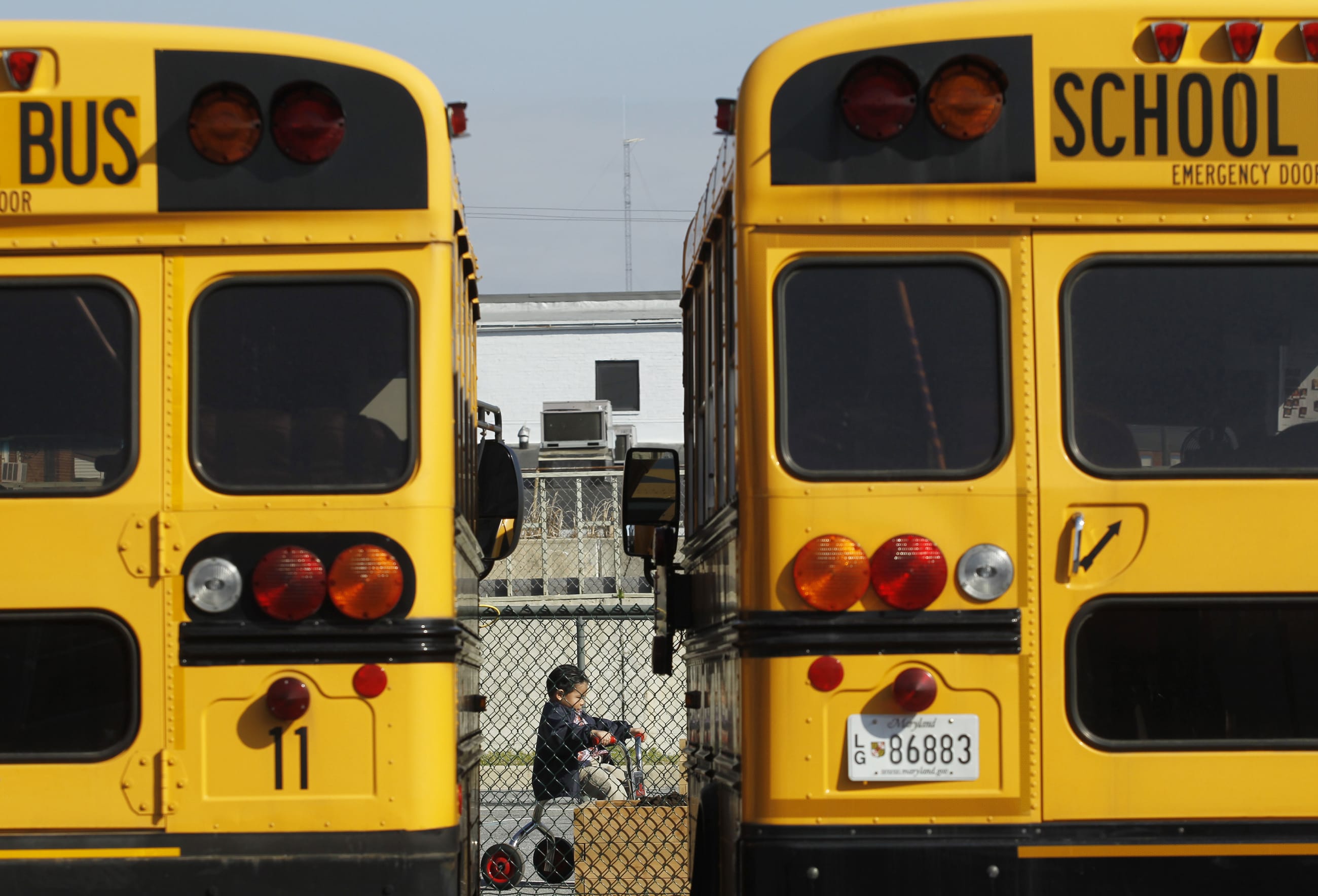
Several studies have provided evidence of the individual-, family-, and community-level benefits associated with participation in Head Start. David Deming's 2009 sibling outcomes study isolates the causal effects of Head Start by controlling for family-level confounders. He demonstrates that, although initial test score gains may diminish in the short term, participation in Head Start results in significant improvements in early adulthood, including higher educational attainment, lower rates of criminal activity, and improved health outcomes.
Another study highlighted the delayed impact on maternal depressive symptoms two years after child enrollment in Early Head Start, emphasizing the family-level gains that result from the program's two-generation model and wraparound services, which offer access to parenting support, as well as health and mental health resources. Children enrolled in Head Start were significantly more likely to receive immunizations, dental care, and health coverage, preventing illness and strengthening local health systems. Ultimately, the HHS ban could cause the reappearance of stressors on adult family members, such as lack of childcare, increased food insecurity, a lack of mental and dental services, as well as limiting access to employment training.
How does this ban affect those who are already U.S. citizens? An individual doesn't need to be a person of color or an immigrant to experience the chilling effects viscerally or even the spillover effects of this type of policy. For evidence, look at the public charge rule during the first Trump administration, when a policy change was implemented for a subset of the immigrant population. The public charge rule created widespread fear and confusion, discouraging even eligible families from accessing essential health and nutrition services.
HHS Ban Effects on Services to Prevent and Treat Substance Use and Mental Health
Latino youth older than 12 have higher rates of substance use initiation [PDF] than non-Latino youth, Although this data is not specific to immigrant youth in general, research suggests that migration stressors (such as migration trauma, immigration-related fears around precarity) contribute to substance use risks. Many of these young people also become more at risk as they acculturate to the United States. These youth substance treatment needs are critical yet fewer than 5% of those needing treatment receive it.
Since the July 2025 HHS decision to reclassify the community-based health and education programs in the Substance Abuse and Mental Health Service Administration (SAMHSA), many undocumented youth and families have been severely affected because they are now excluded from accessing substance use treatments and mental health services. These programs have historically been relied on by immigrant families for preventive measures, mental health, and addiction recovery.
HHS's policy proposal is already generating confusion and fear among the broader community as well as among health-care providers. These effects are particularly concerning in the context of youth substance use, when prevention and early substance use interventions can prevent the future use, misuse, and abuse that can lead to future addictive behaviors and other comorbid diagnoses.
Additionally, without access to substance use and mental health services, undocumented youth and their families are at an increased risk for untreated addiction, mental health crises, and emergencies, all of which can worsen psychological and physical health. Research suggests that initiation of substance use in youth is a public health concern given the rapid progression from first use to more frequent and hazardous use during adolescence.
These concerns involve more than the projected adverse outcomes. Experts continue to note how this policy change can also increase long-term costs and more community mental health needs, given that these adverse conditions can escalate into more severe emergency cases. To date, more than 20 states have filed lawsuits challenging the HHS policy, citing that this abrupt implementation may potentially harm vulnerable populations.
The federal court's decision to block this policy from being implemented will prevent the ripple effects that were likely to affect immigrant and U.S. citizen families alike. The ruling aligns both with precedent in how HHS has interpreted PRWORA and with mounting evidence showing that providing access to health and education services to immigrants benefits society as a whole. In light of the rapidly shifting policy environment on immigration, and the confusion that policies like this one are causing, professionals in education, mental health, and health-care fields would do well to implement models to engage in collaborative advocacy with immigrant communities, and to prepare to prevent potential policy-based harms.

